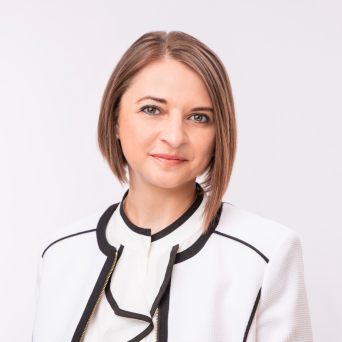This training explains the basic science of how and why human judgments are susceptible to various biases, with specific emphasis on expert judgments in forensic settings. A theoretical model, supported by empirical findings from the field, will clarify when and why experts are protected against, as well as when they are especially prone to bias. The implications across these findings for bias mitigation in clinical and professional practice settings will be discussed, as well as promising new directions for bias mitigation.
FREE Training
Audience: professionals in behavioral health, psychologists, counselors, & social workers
Instructional Level: Introductory
Speakers: Dr. Tess Neal
This training is approved for 3.75 continuing education (CE) credits for psychologists,* 3.75 CE credits for Nebraska LMHP/LIMHP, and 3.75 criminogenic CE credits. Credits will be awarded to participants who attend the entire training.
*Continuing education for psychologists may be used by other licensed behavioral health professionals. Please check with your licensing board. Continuing education credit is granted on a one credit per one instructional hour basis.
The University of Nebraska Public Policy Center (NUPPC) is approved by the American Psychological Association to sponsor continuing education for psychologists. The NUPPC maintains responsibility for this program and its content.
OBJECTIVES
- Name and define at least 3 common biases that affect expert decision processes and explain ways in which they may compromise the validity and reliability of forensically-related judgments.
- Describe a theoretical model that clarifies when and why experts are protected against and when they are especially prone to bias.
- Identify practical bias mitigation strategies or steps to reduce bias in forensic work.
- Describe how strategies borrowed from open science, forensic science, and judgment and decision making could be used to improve the rigor of and reduce bias in forensic judgments.
See event flyer for more info: go.unl.edu/neal-flyer
Sponsored by the Nebraska Department of Health and Human Services Division of Behavioral Health and the University of Nebraska Public Policy Center.
There are no personal or professional relevant conflicts of interest in relation to this presentation.

